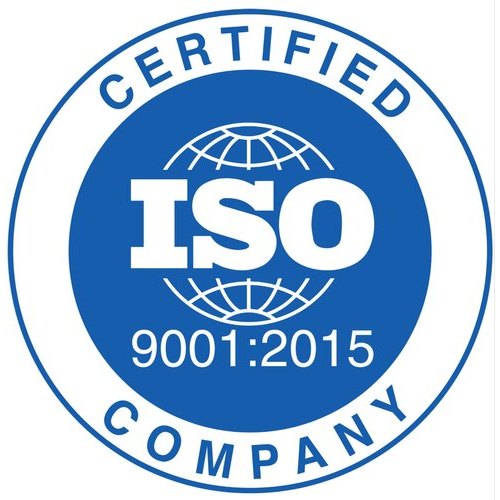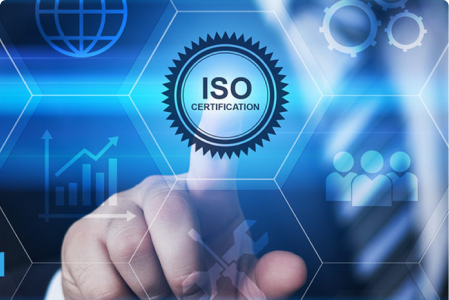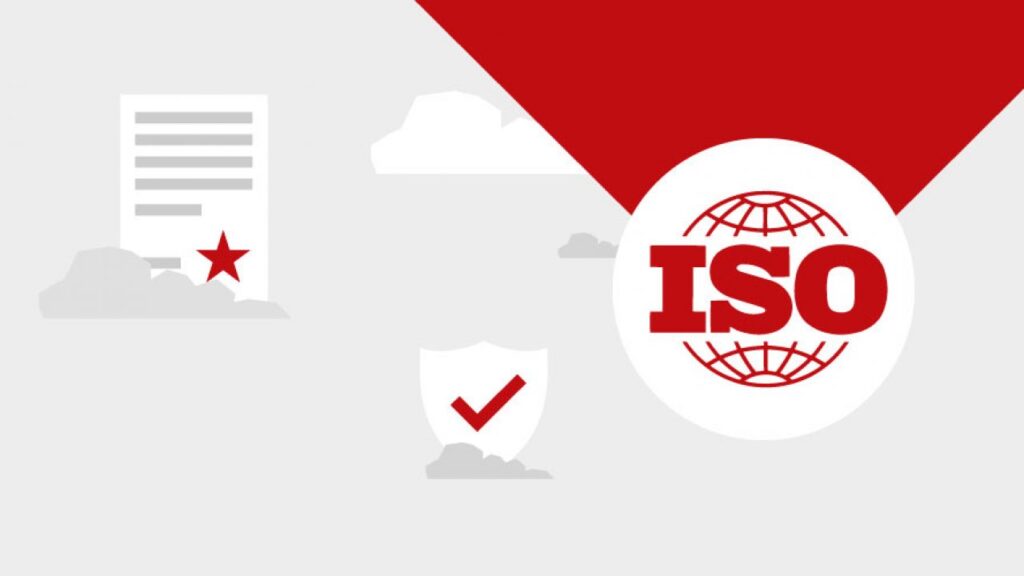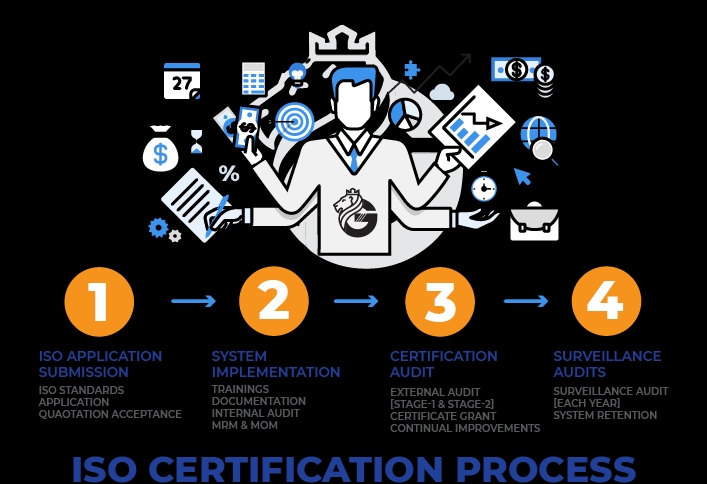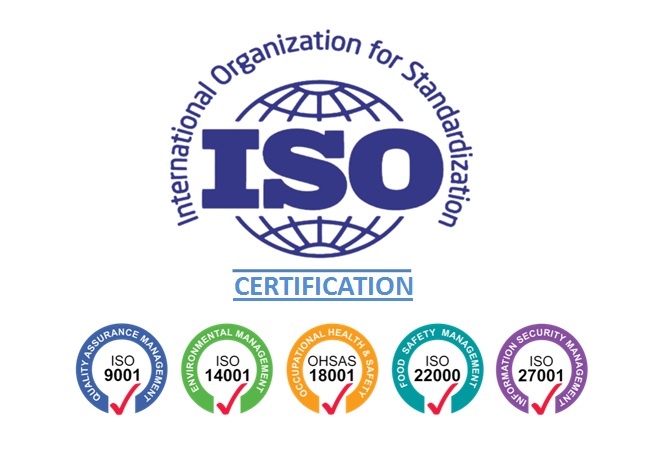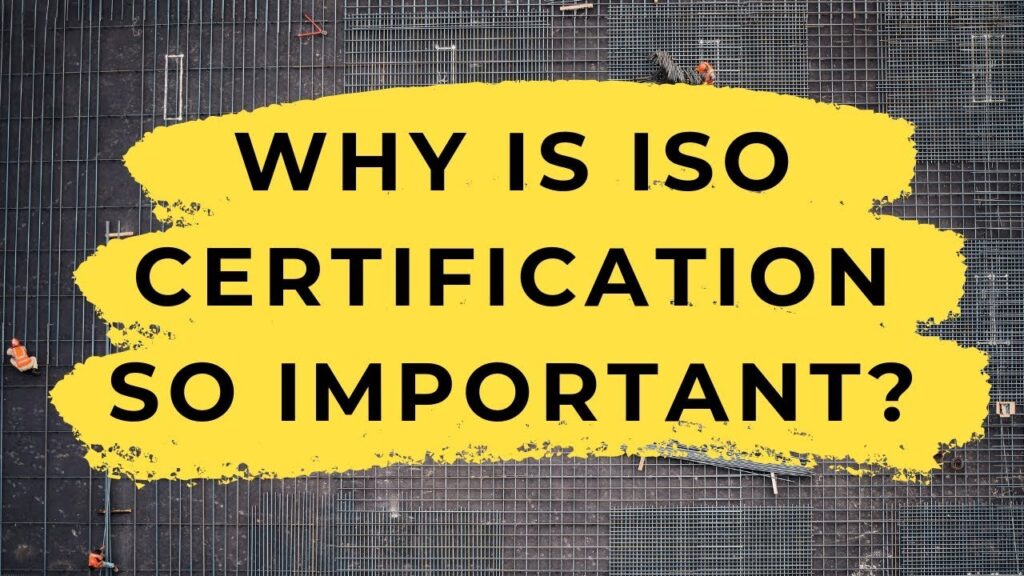ISO Certification: How Your Business Can Thrive
In today’s competitive business landscape, standing out from the crowd is essential for success. One powerful way to demonstrate your commitment to excellence and quality is through ISO certification. ISO (International Organization for Standardization) certification is a globally recognized mark of quality management systems that can provide numerous benefits to your business. Let’s delve into how obtaining ISO certification can help your business thrive. Enhanced Credibility and Trust ISO certification signifies that your business adheres to international standards of quality, safety, and efficiency. This certification is a testament to your commitment to meeting customer expectations and delivering products and services of consistently high quality. As a result, it enhances your credibility and fosters trust among customers, suppliers, and stakeholders. Improved Operational Efficiency Implementing ISO standards requires a thorough evaluation of your business processes and operations. Through this process, you can identify inefficiencies, streamline workflows, and eliminate waste. By adhering to ISO guidelines, you can establish clear procedures, reduce errors, and optimize resource utilization, ultimately leading to improved operational efficiency and cost savings. Expanded Market Opportunities ISO certification opens doors to new markets and business opportunities, both domestically and internationally. Many government agencies and multinational corporations require their suppliers to be ISO certified, making it a prerequisite for participation in certain contracts and tenders. By obtaining ISO certification, you can access a broader customer base and gain a competitive edge in the global marketplace. Enhanced Risk Management ISO standards emphasize risk-based thinking, requiring businesses to identify potential risks and develop proactive strategies to mitigate them. By implementing robust risk management processes, you can minimize disruptions, prevent costly errors, and ensure business continuity. ISO certification demonstrates to stakeholders that your organization is committed to identifying and addressing risks effectively. Strengthened Employee Engagement ISO certification promotes a culture of continuous improvement and employee involvement. Engaging employees in the process of achieving and maintaining certification fosters a sense of ownership, pride, and accountability. By providing training and empowerment opportunities, you can cultivate a skilled workforce capable of driving organizational success and innovation. Sustainable Growth and Innovation ISO standards encourage businesses to embrace innovation and sustainability practices. By integrating environmental management systems (EMS) and adopting sustainable business practices, you can reduce your environmental footprint and enhance your reputation as a responsible corporate citizen. ISO certification provides a framework for driving sustainable growth while meeting the evolving needs of society. Competitive Advantage In today’s competitive marketplace, differentiation is key to success. ISO certification sets your business apart from competitors by demonstrating your commitment to excellence and customer satisfaction. It serves as a powerful marketing tool, enabling you to attract discerning customers who prioritize quality and reliability. With ISO certification, you can position your business as a leader in your industry and gain a sustainable competitive advantage. In conclusion ISO certification Delhi offers a multitude of benefits that can propel your business to new heights of success. From enhancing credibility and trust to improving operational efficiency and driving innovation, ISO certification is a strategic investment that pays dividends in the long run. By embracing ISO standards, your business can thrive in today’s dynamic and competitive business environment, setting the stage for sustainable growth and prosperity.
ISO Certification: How Your Business Can Thrive Read More »

